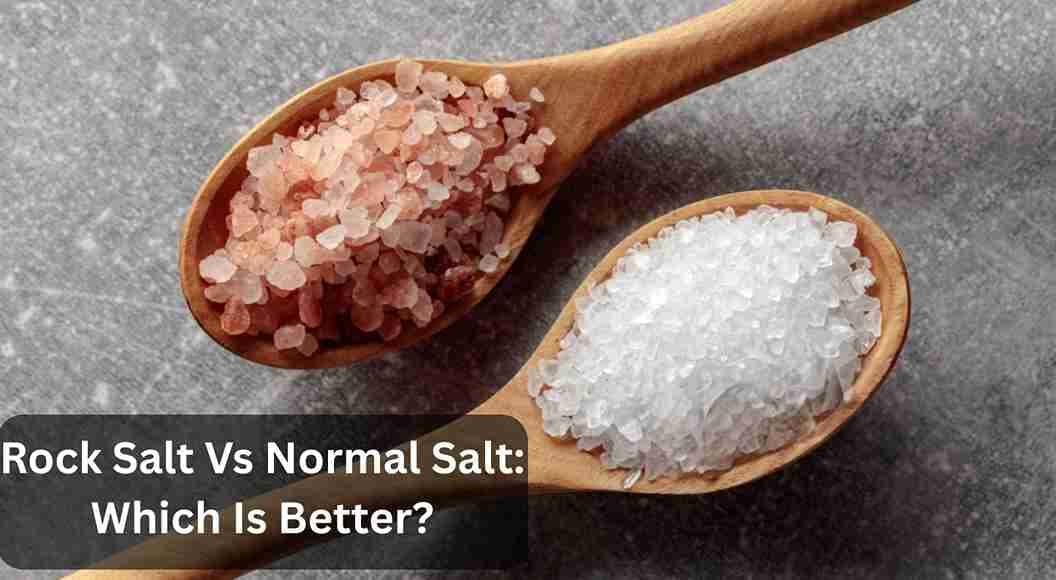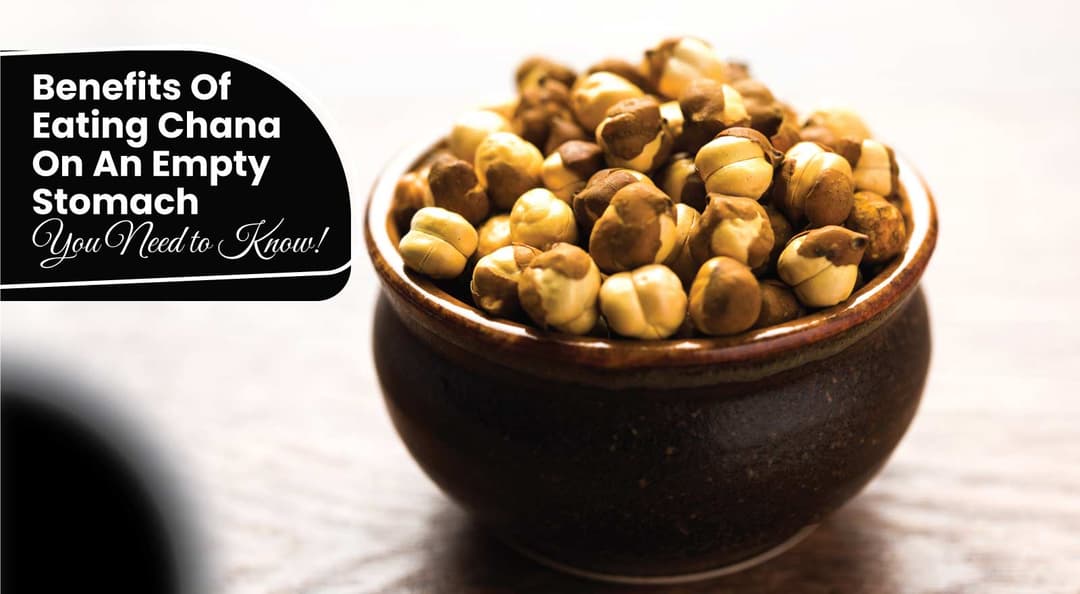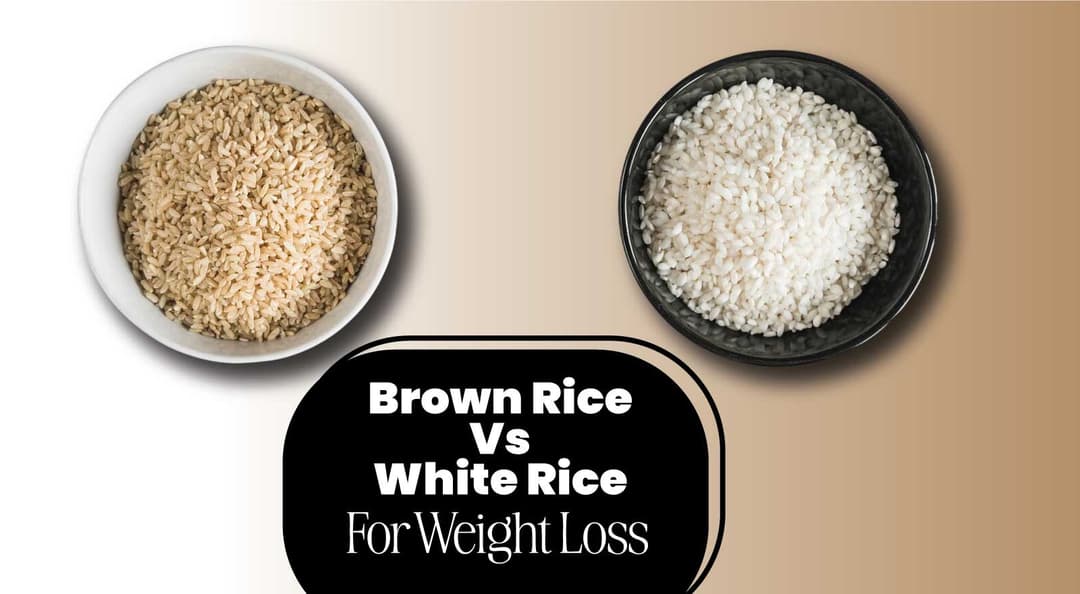Salt—it's in every kitchen, every meal, and every bite. But this tiny crystal plays a massive role in your health. From keeping your body's fluid balance in check to helping your nerves and muscles function, salt is essential. However, when consumed in excess, it can be dangerous. Too much salt can lead to high blood pressure, heart disease, kidney problems, and even stroke. So, when it comes to choosing the right type of salt, what should you pick?
Welcome to the battle of rock salt vs normal salt.
Rock salt, also known as sendha namak, is a naturally occurring mineral packed with essential trace elements. On the other hand, normal salt—or table salt—is highly processed and often contains additives like anti-caking agents. So, which one is better for your health?
Rock salt is considered the healthier option due to its natural composition and lower sodium content.
Curious why? Let's explore the big differences and how they could change your diet in this blog on rock salt vs normal salt.
Table Of Contents
- Which Is Better: Rock Salt Or Normal Salt?
- Can We Replace Salt With Rock Salt?
- What Are the Disadvantages of Rock Salt And Normal Salt?
- Dietitian’s Recommendation
- The Final Say
- FAQs
- References
Which Is Better: Rock Salt Or Normal Salt?

What Is Rock Salt?
Himalayan rock salt, also referred to as pink salt, Himalayan salt, natural salt, or Khewra salt, is obtained in the form of large rocks. These rocks are mined from salt mountains, particularly from the Khewra Salt Mine in Pakistan, and are then crushed into smaller sizes depending on use. Unlike refined salt, rock salt retains many of its natural minerals due to minimal processing.
What Is Normal Salt?
Normal salt, also known as common salt or iodised salt, is the most widely used type of salt. It is harvested from underground salt deposits and undergoes extensive refining, during which most dirt and trace minerals are removed. Iodine is added during this process to help prevent iodine deficiency or malnutrition disorders such as goitre.
Which Contains More Nutrients?
Rock salt vs normal salt is a comparison often made with regard to nutrient content. Pink salt contains more minerals than ordinary salt, as the refining process of normal salt removes calcium, potassium, magnesium, and other elements. In contrast, normal salt has a higher iodine content, which is essential for thyroid function.
Nutritional Comparison Table: Rock Salt vs Normal Salt | ||
Nutrient/Property | Rock Salt | Normal Salt (Iodised) |
| Sodium Chloride (NaCl) | 98% | 99% |
| Iodine | Absent (unless added separately) | Added artificially to prevent iodine deficiency |
| Trace Minerals | Over 80, including calcium, potassium, magnesium, and iron | Few to none due to refining |
| Colour | Natural pink due to iron oxide | Pristine white due to bleaching |
| Processing | Minimal, retains natural minerals | Highly refined with anti-caking agents |
| Health Benefits | Good for digestion, metabolism, and hydration | Helps prevent goitre due to iodine |
| Taste | Slightly earthy and less sharp | Very sharp and salty |
| Common Uses | Cooking, fasting, electrolyte drinks, and bath salts | Daily cooking, baking, and seasoning |
Which Is Better?
In comparison of rock salt vs normal salt, both have pros and cons. Rock salt is marginally lower in sodium and higher in naturally occurring minerals such as calcium, iron, potassium and magnesium. These minerals facilitate metabolism, hydration, and digestion. Normal salt, however, has added iodine, which is a must to avoid thyroid disorders.

But regular salt is heavily processed and usually contains added ingredients like anti-caking agents. This processing strips it of beneficial minerals, making it less nutritious compared to rock salt. Furthermore, high sodium intake from normal salt may lead to hypertension, bloating, and water retention.
Rock salt has a more natural origin and does not require bleaching or chemical treatment, making it an eco-friendlier and cleaner alternative. It is often preferred during fasting for its purity. In the debate of rock salt vs normal salt, the former stands out for those wanting to lower their sodium intake or boost mineral intake, although it lacks iodine.
Also Read: Matcha vs. Green Tea - Which is Better? Differences and Benefits That Will SHOCK You!
Can We Replace Salt With Rock Salt?
Yes, rock salt can be used as a substitute for regular table salt. However, because it lacks iodine, it should either be mixed with iodised salt or used with care to avoid iodine deficiency. Rock salt (sendha namak) is a natural mineral derived from evaporated seawater and contains essential minerals such as potassium, calcium, magnesium, iron, and manganese.
While rock salt vs normal salt debates often highlight the former’s health benefits, it is not a perfect replacement unless iodine is supplemented elsewhere in the diet. A balanced approach—using both types in moderation—is usually the most sensible choice.
Also Read: The Shocking Difference Between Curd And Greek Yoghurt: Which Is Better For Your Health?
What Are the Disadvantages of Rock Salt And Normal Salt?
Although both rock salt and normal salt offer potential health benefits, overconsumption can lead to adverse effects. Below are some of the disadvantages:
Disadvantages of Rock Salt:
- High Blood Pressure: Excessive intake, even of rock salt, can lead to increased blood pressure and a higher risk of cardiovascular disease.
- Bloating and Dehydration: High salt levels strain kidney function and can cause bloating or dehydration, especially in individuals with existing kidney issues.
- Lacks Iodine: Rock salt does not contain iodine, which is necessary for healthy thyroid function. Relying solely on rock salt could result in an iodine deficiency.
Disadvantages of Normal Salt:
- Harmful for Kidneys: The high sodium content can affect kidney function by raising blood pressure, leading to potential damage and the formation of crystals.
- Hypertension: Overconsumption contributes to high blood pressure and increases the risk of cardiovascular conditions, including heart disease and stroke.
Dietitian’s Recommendation
As an expert, in my opinion, normal salt is an important source of iodine. They also say that rock salt is often much more expensive than regular salt. Therefore, if you are not taking care of additives, you should organise your regular table salt use.
Also, I would say to remain within the range of the recommended daily allowance for salts, no matter whether using rock salt or normal salt, because overusing any kind of salt might cause negative effects on health. If you are not able to meet your daily recommendations or have any medical conditions which require extra salt consumption, other than using salt for cooking, you can also add salt to your salads, juices, and detox waters to increase your intake.
Dt. Lavina Chauhan
The Final Say
While both salts serve the same basic purpose—adding flavour and balancing electrolytes—their health effects differ greatly. Rock salt wins for its purity and mineral content, especially for those aiming to reduce sodium intake naturally. If you're making a conscious shift in your diet, this small change could bring big results.
Now that you know the facts, are you team rock salt or team normal salt?
FAQs
1. What is the rock salt vs normal salt iodine content?
Rock salt is naturally low in iodine, as opposed to iodised table salt, which is supplemented with iodine to prevent insufficiency and thyroid disorders.
2. Can we use rock salt for daily cooking?
Yes, you can use rock salt, also known as sendha namak, in your regular cooking, but make sure it's food-grade and used sparingly because it's not fortified with iodine like table salt and may contain impurities.
References
- https://www.tataaig.com/knowledge-center/health-insurance/health-benefits-of-rock-salt
- https://www.practo.com/healthfeed/table-salt-advantages-disadvantages-42677/post
- https://timesofindia.indiatimes.com/life-style/food-news/is-rock-salt-actually-healthy-is-it-better-than-regular-salt/amp_articleshow/114893706.cms
- https://puromilesnatural.com/rock-salt-or-table-salt-which-one-is-better/?srsltid=AfmBOoojJbvq2O_PcP6RQARfQxyyUNNKtw42nNivQnO-pCEOmmWpde0W
- https://indianexpress.com/article/lifestyle/health/sendha-namak-himalayan-pink-salt-health-benefits-8195479/
About ToneOp Fit
ToneOp Fit is a platform dedicated to improving and maintaining good health through a comprehensive range of goal-oriented health plans with up to 3 Coach support. With a range of Weight Management, Medical Condition, Detox Plans, and Face Yoga Plans, the app also provides premium health trackers, recipes and health content. Get customised diet, fitness, naturopathy & yoga plans and transform yourself with ToneOp.









































